By Herman T. Voelkner
At the start of the Second Boer War in 1899, Winston Churchill sailed to Cape Town, South Africa, where he served as a journalist for the Morning Post. Traveling to the war zone, he was captured by the Boers when his train was shelled and derailed. With that, England’s preeminent warrior-journalist was led away to a POW camp in Pretoria.
Few historical figures have brooked imprisonment worse than Churchill. From Pretoria, he saw great events passing him by. He asked for help from anyone—his mother, the Prince of Wales, an American senator friend. “I am 25 today,” he lamented. “It is terrible to think how little time remains.” Even the comparatively beneficent Boer prison regime was suffocating, exacerbating his always pronounced depressive tendencies. When two fellow captives began planning an escape, he eagerly joined in.
The escape attempt was to be made from a latrine located against the iron fence at the back of the school, where a lone sentry stood guard. On the first try, the guard was discovered to be standing exactly where the three planned to climb the fence. Another night brought another attempt. The sentry was still too close; he could scarcely miss with a rifle shot. Churchill decided to risk it. He climbed the fence and waited in the bushes, but his companions were unable to follow. He was on his own—the other men had the map and compass—300 hostile miles from freedom. At that moment, 25 days after his imprisonment began, Churchill could not have known that his influential contacts had succeeded in pulling strings for him; the camp commandant had consented to release him.
The Long Trek to Freedom
Exhibiting a cool head under pressure, Churchill strode calmly through the burghers of Pretoria. A railroad track led him to a train of unknown destination—with the imminent discovery of his escape, he had to put some distance behind him. After some effort, Churchill managed to leap into a car and fell asleep amid coal bags. He awoke and vaulted off the train into a ditch, drinking dirty puddle water, his only companion a gigantic vulture.
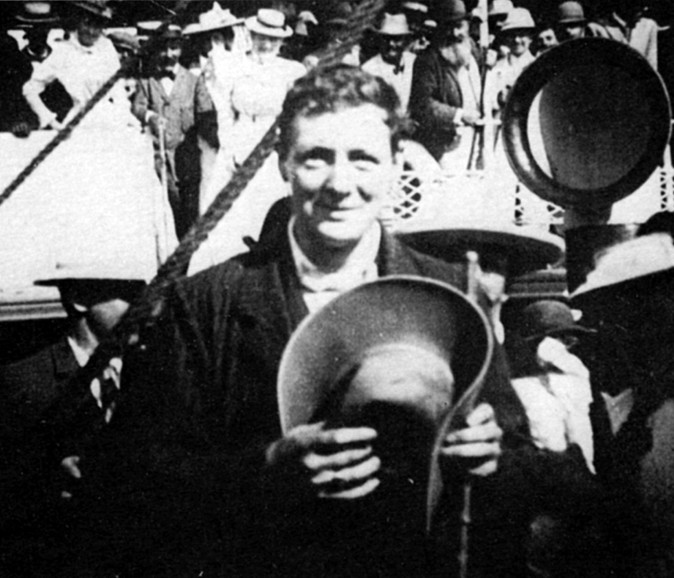
Striking out on foot, Churchill avoided Boer sentries and soon was wandering aimlessly and increasingly desperately about the countryside. He saw some nearby lights; perhaps they were the campfires of the Bantu, no friends of the Boers. Instead, they were the lights of a mining community. Out of options and hoping that he might locate some British miners, Churchill knocked warily on the first door he could find. The answer that came was in Dutch: “Wie ist daar?” A tall figure carrying a revolver stood before him. Abandoning a flimsy cover story, Churchill admitted the truth. “Thank God you have come here!” came the reply. “It is the only house for twenty miles where you would not have been handed over. But we are all British here and we will see you through.”
Churchill was hidden in the mine for the next three days. Rats crawled over his face at night and ate his candles, but he had Scotch whiskey and cigars to keep him happy. Meanwhile, the countryside all around was seething with armed Boers looking for the fugitive Englishman. Finally, a plan was devised and Churchill was bundled onto another train with provisions and a Dutch-speaking confederate to bribe guards along the way.
‘I am Winston Bloody Churchill’
Following the progress through a chink in the railroad car, Churchill finally saw a sign in Portuguese, denoting his arrival in Portuguese East Africa. Transported with joy, he fired his pistol in the air and strolled toward the Union Jack hanging over the British consulate. There, an official took one look at the filthy stranger and told him the consul could not see him then. Churchill backed off and shouted at the upstairs window, “I am Winston Bloody Churchill! Come down here at once!” Within 15 minutes he would be esconced in a hot bath, and within a month he would be back at the front line amid the bloody shambles of Spion Kop, his fame secure and his reputation on the rise.

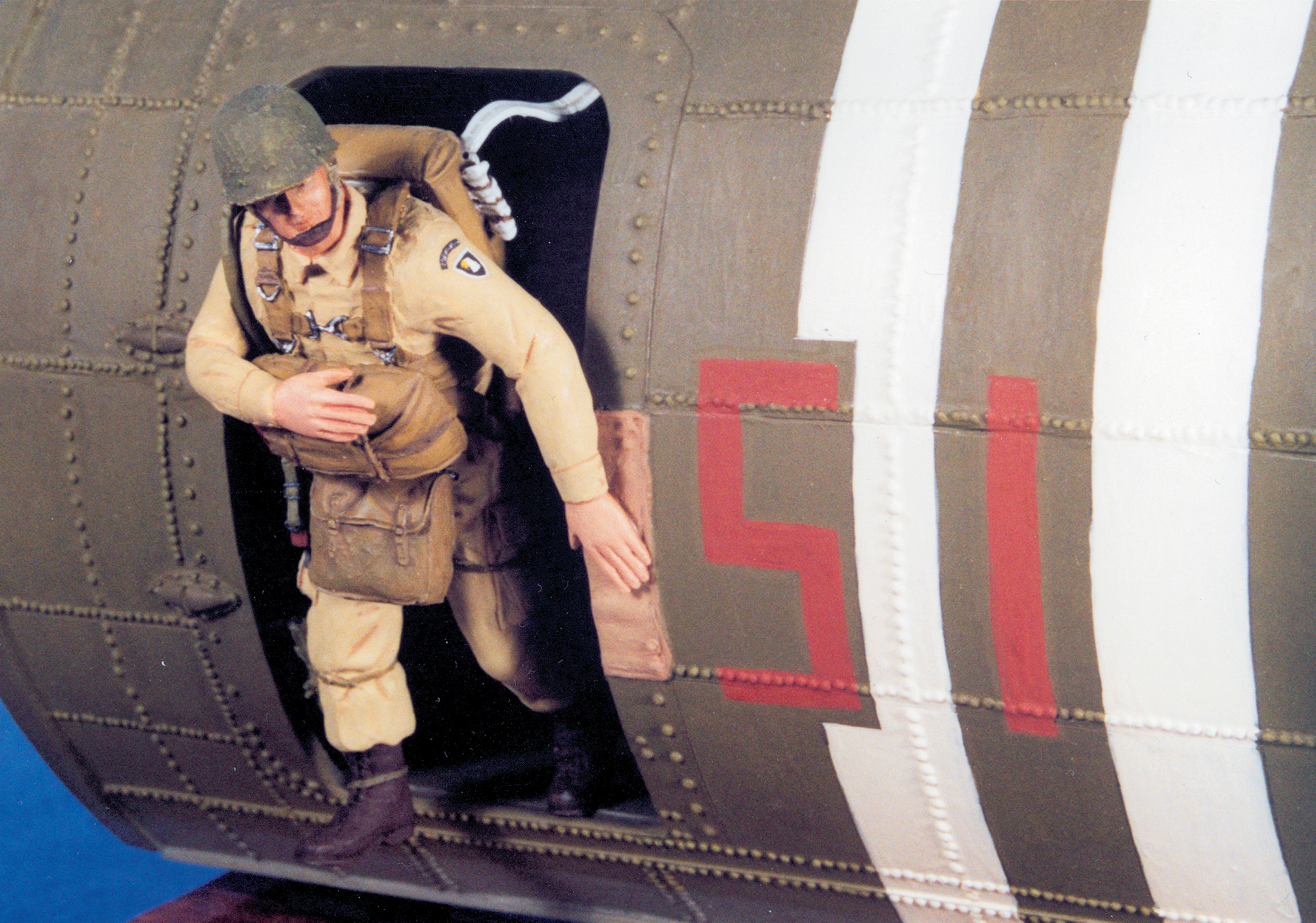
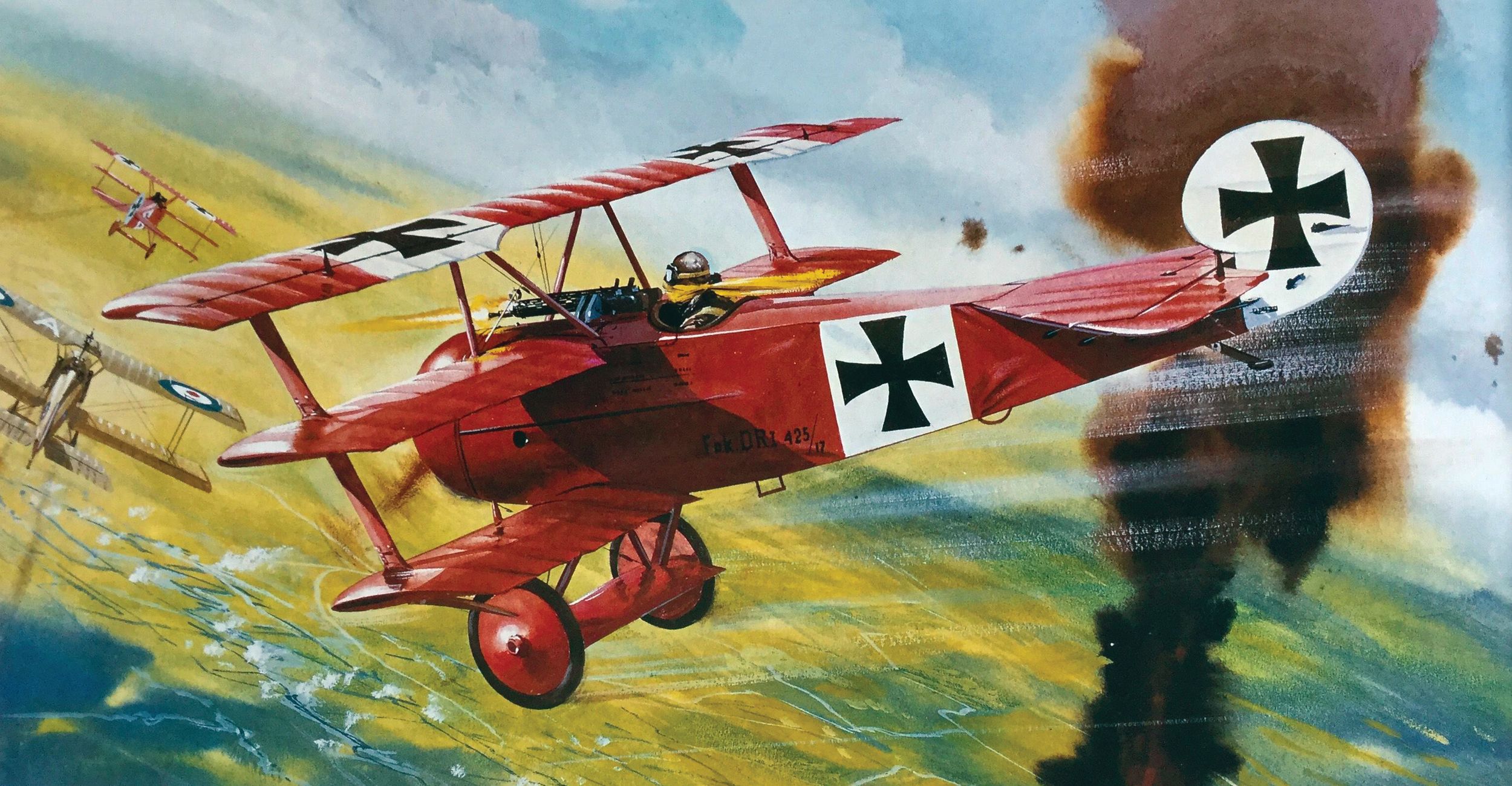
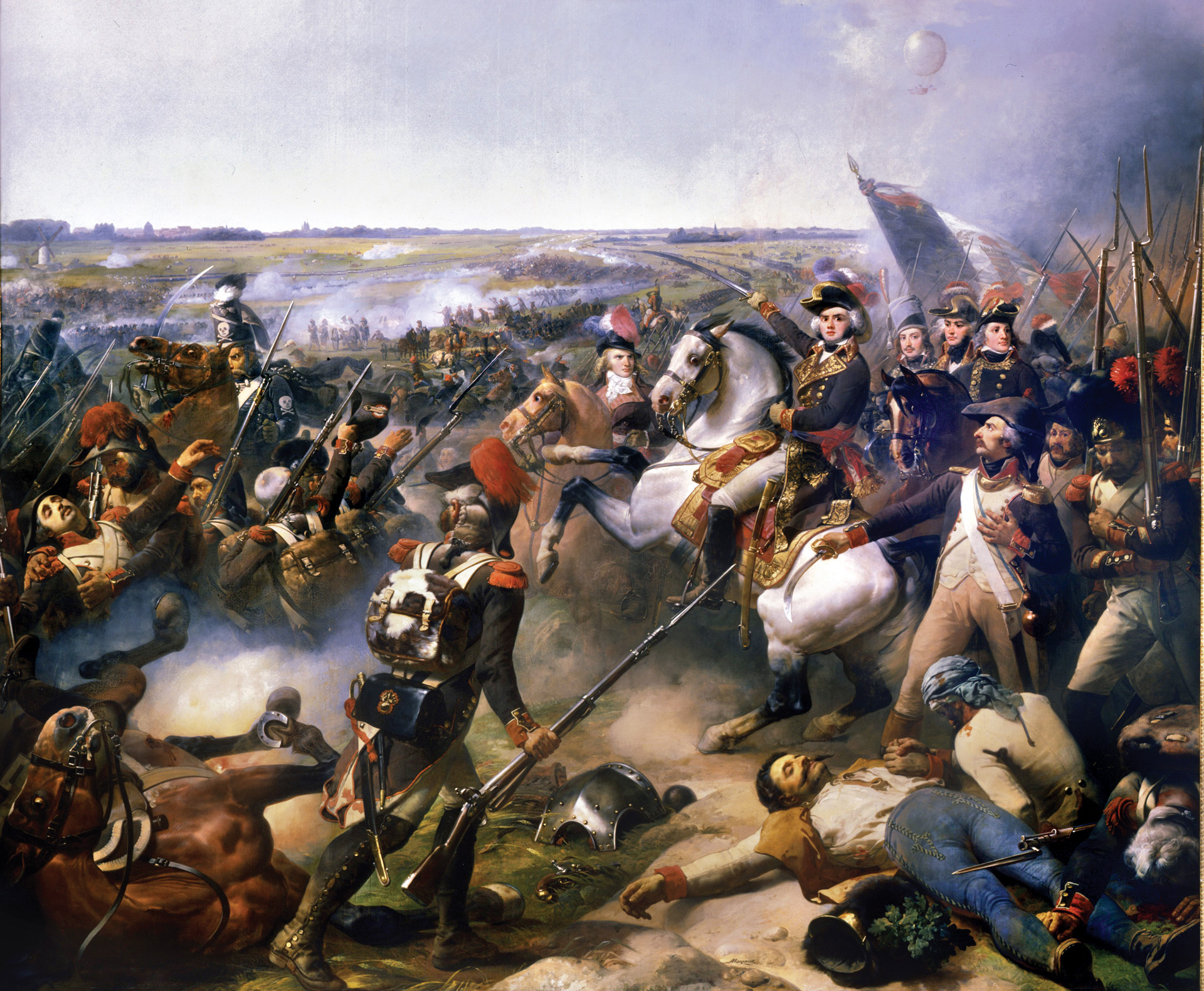
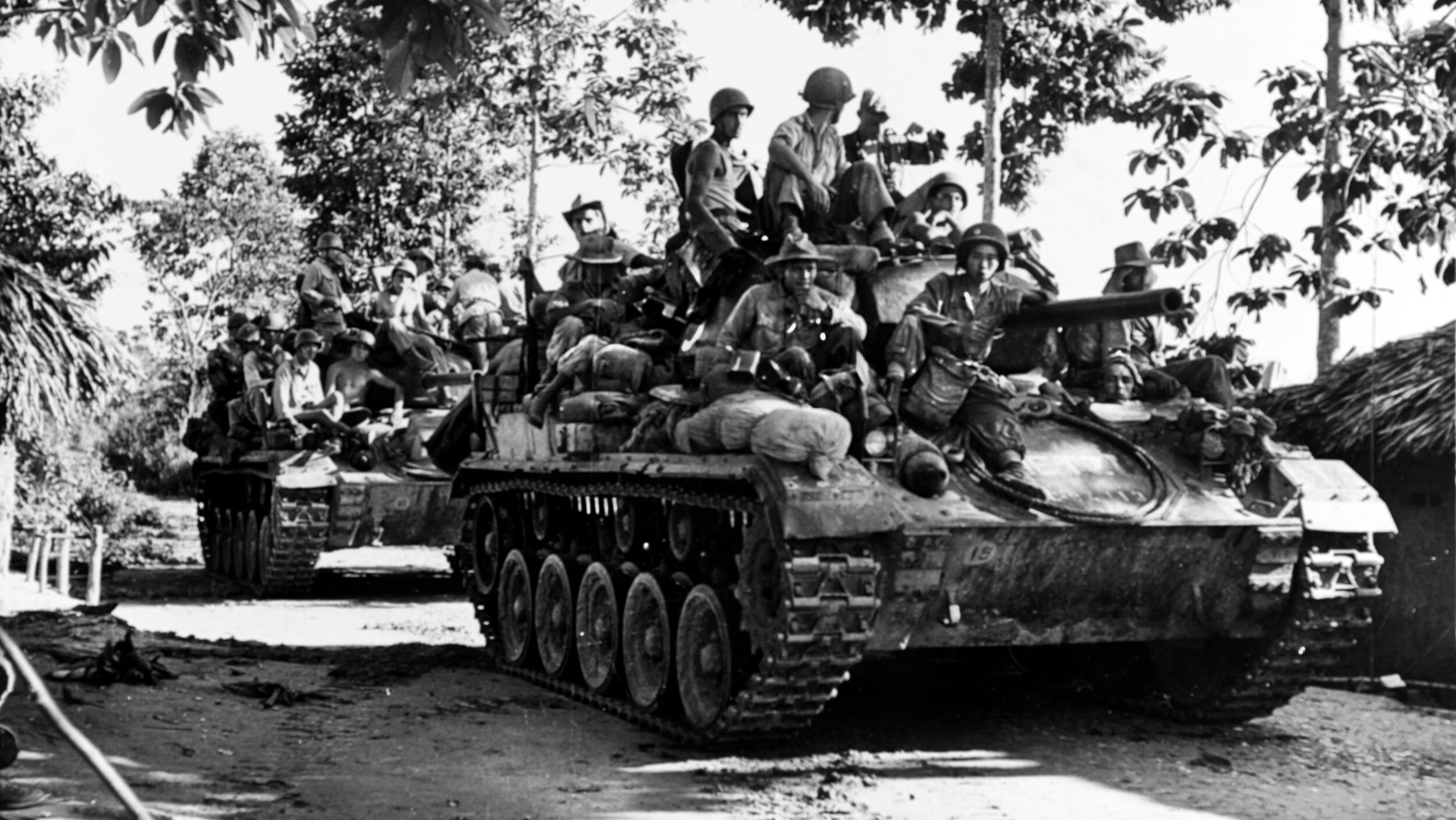
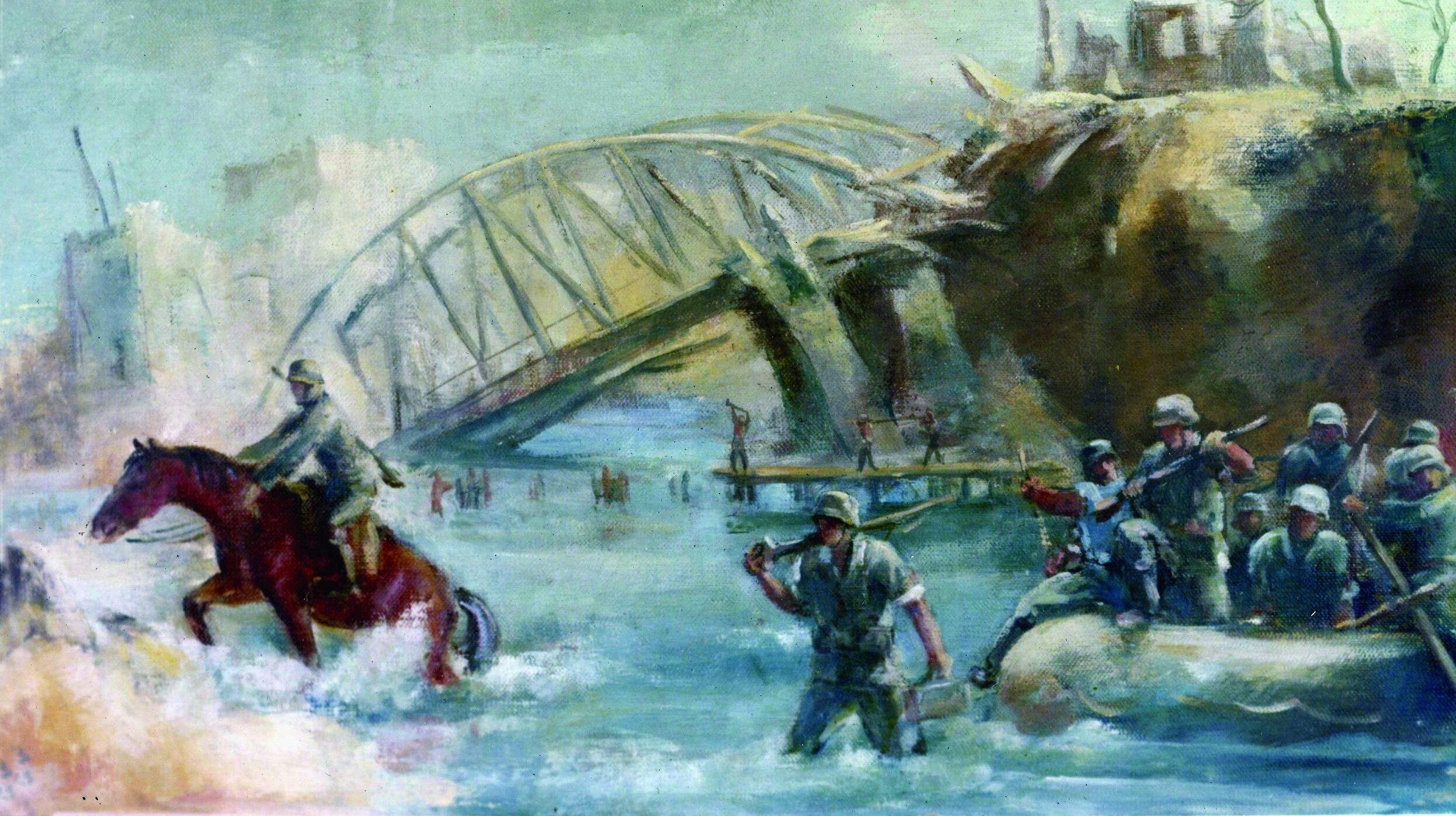
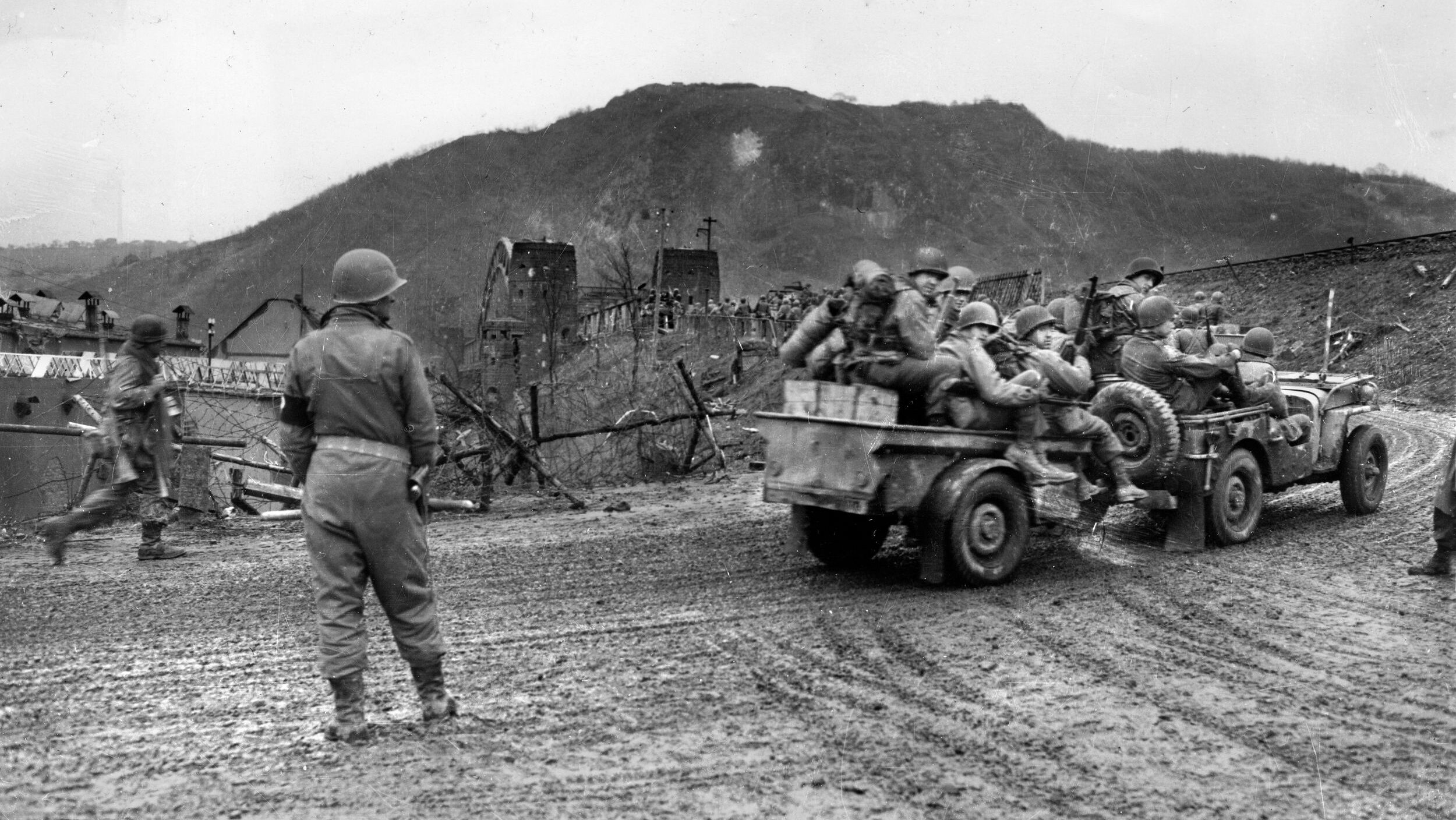
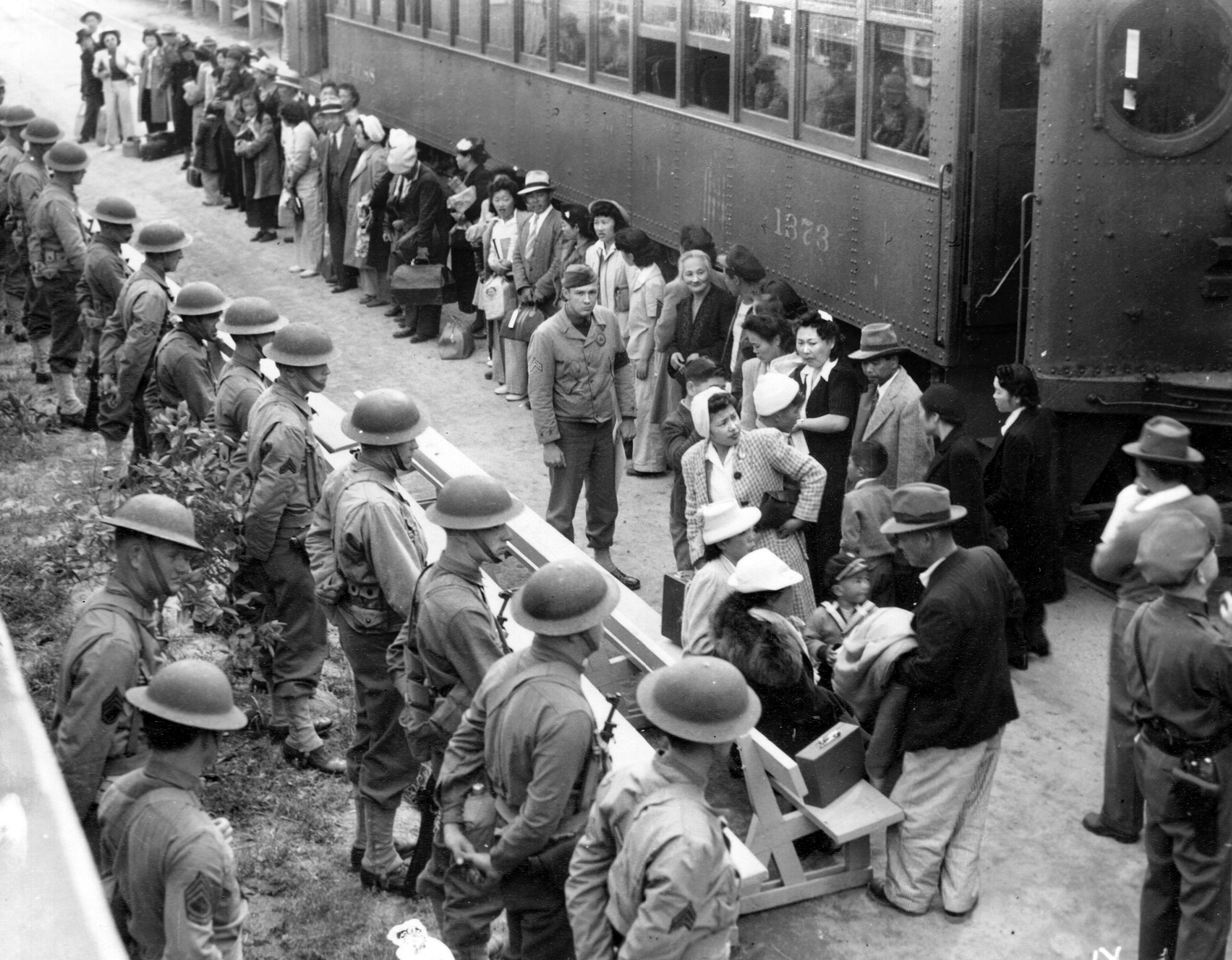
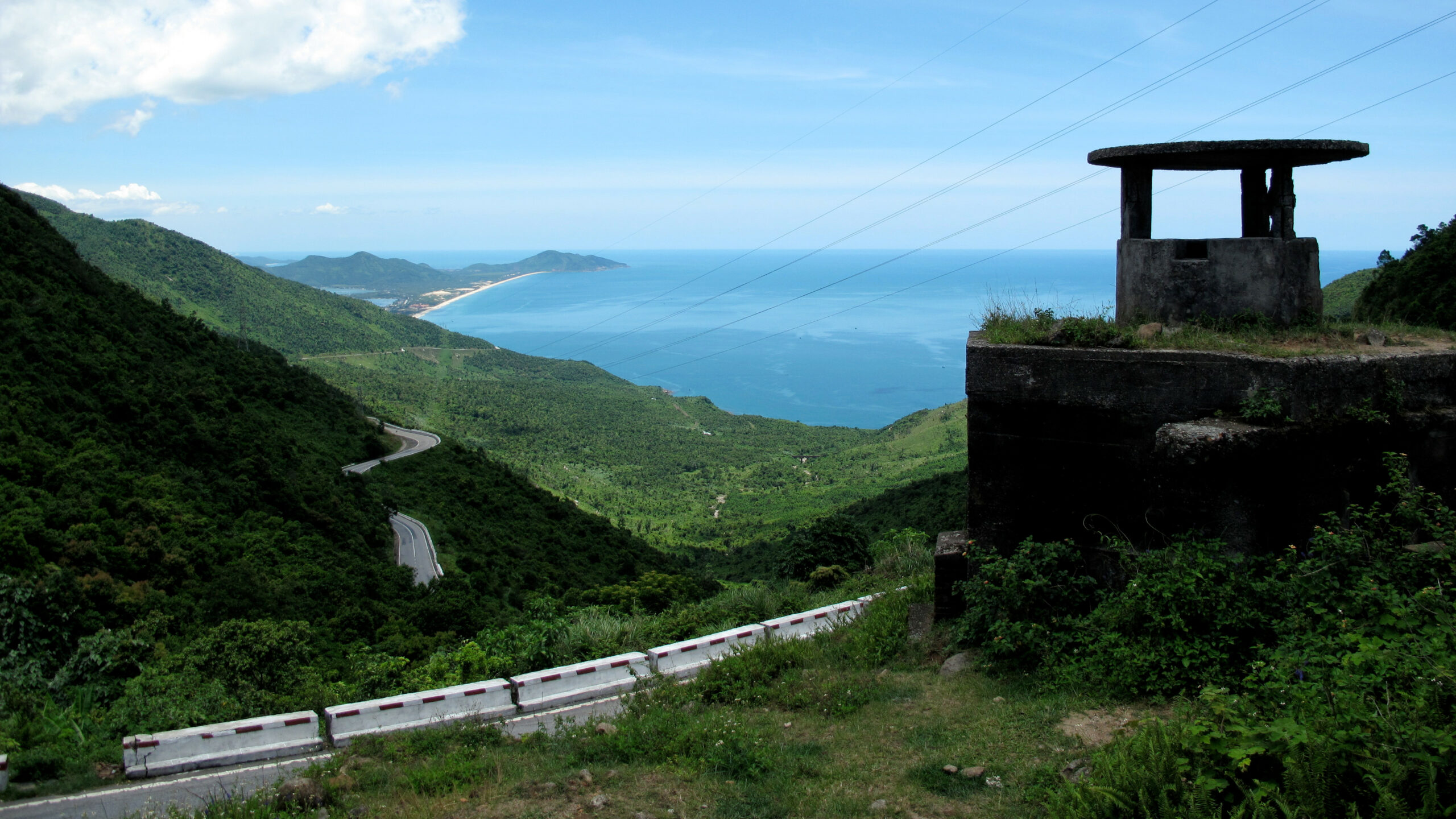
Join The Conversation
Comments